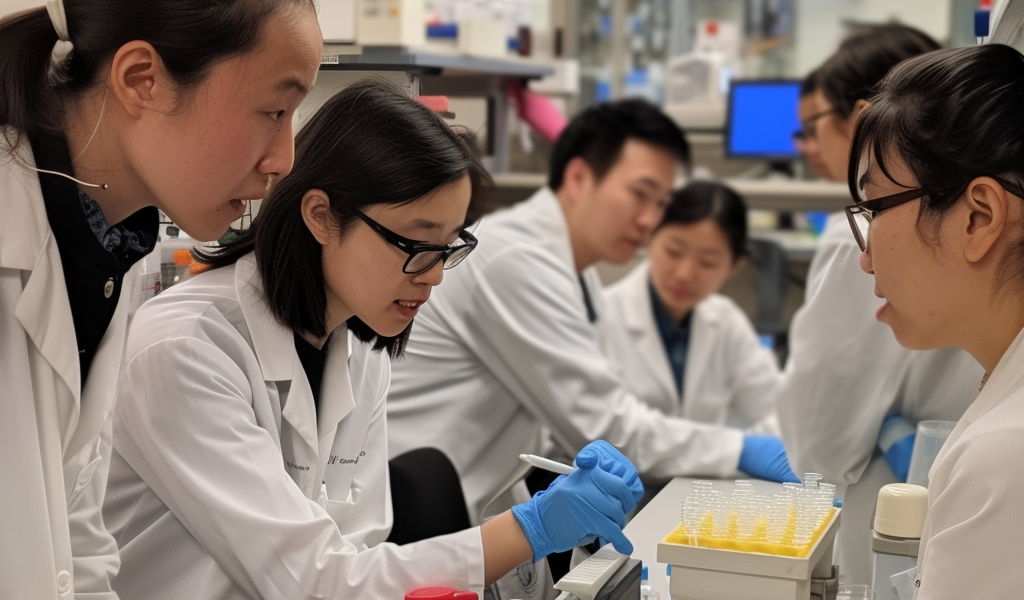UMass Amherst Researcher Leading Project to Determine Mosquito Age for Improved Pesticide Strategies and Disease Control
UMass Amherst researcher, Lili He, is leading a groundbreaking project to determine the age of mosquitoes in an effort to improve pesticide strategies and combat mosquito-borne diseases. The project, funded by a $1.71 million grant from the National Institutes of Health (NIH), aims to develop a novel approach to age-grade mosquitoes.
He, a professor of food science, was initially intrigued when asked if her expertise in molecular spectroscopy could be used to determine the age of mosquitoes. She soon realized the critical importance of identifying older mosquitoes, as they are the ones capable of transmitting infectious diseases such as West Nile, Zika, Chikungunya, dengue fever, and malaria.
Currently, there is no accurate and cost-effective method to determine the age of mosquitoes, making it challenging to assess the risk of mosquito-borne diseases in specific areas. He’s research team, comprising experts in analytical development, mosquito biology, biochemistry, field studies, and machine learning modeling, aims to address this gap.
The multidisciplinary team includes John Clark, director of the Massachusetts Pesticide Analysis Laboratory (MPAL), Wei Zhu, assistant professor of mathematics and statistics, as well as entomologists Laura Harrington and Courtney Murdock from Cornell University, and Ponlawat Alongkot from the Armed Forces Research Institute of Medical Sciences in Bangkok, Thailand.
He emphasizes the collaborative nature of the project, highlighting the importance of each team member’s contribution. Harrington and Murdock will play a crucial role in raising mosquitoes in their labs under different conditions to support the research.
The ultimate goal of the project is to develop a reliable method for age-grading mosquitoes, enabling quick assessment of disease risk in specific areas and facilitating more effective mosquito-control strategies. If successful, this innovative approach could have a significant impact on public health and pest management efforts worldwide.





